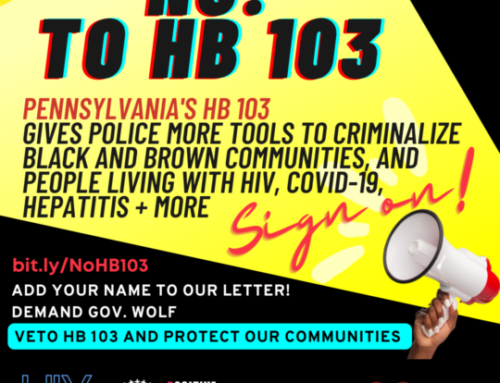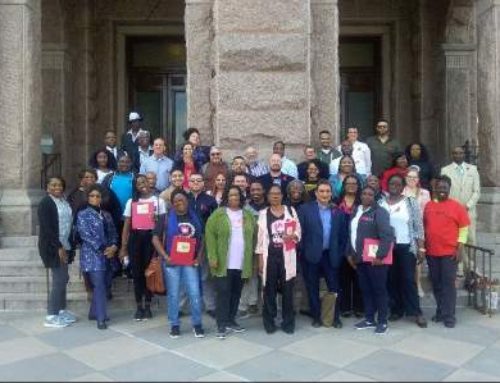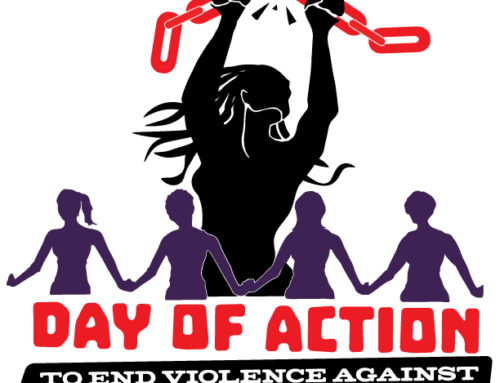- Mental Health: A lot of mental health and neurocognitive issues for people living with HIV go un-assessed and untreated. From mild depression to AIDS related dementia, mental health is critical for people living with HIV to adhere to medication, stay healthy, and live full lives. Staggeringly, one statistic showed that 50% of HIV+ African American women experience PTSD. About 38% of all HIV+ women experience PTSD. What does this say about the epidemic among women in the U.S.? The trauma experienced by all people living with HIV before, during, and after diagnosis is a HUGE factor indicative of larger structural injustices and needs.
- Smoking: Over 50% of people living with HIV in the U.S. smoke. This is a statistic that I want to research more about. Why do PLWH smoke more than the general population? What are factors involved?
- Anal Cancer: Since HIV medications came on the market in 1996, the rates of “AIDS-related cancers” like Kaposi Sarcoma and non-Hodgkins lymphoma have decreased as people living longer and the disease turns chronic from acute. However, the rates of “non-AIDS related cancers,” such as anal cancer, has dramatically increased for PLWH. For HIV+ women, there have been cases of the rates of abnormal anal pap smears/anal dysplasia/anal cancer increasing while abnormal cervical pap smears/cervical dysplasia/cervical cancer has flat lined. It will be interesting and also scary to see the long-term affects of chronic diseases like cancer on PLWH. Also, with this research, what will be the advocacy needs of HIV+ women?
- HIV replication: The HIV virus replicates in lymph, not blood! I always thought that HIV replicates in your blood stream, but it actually replicates in your lymph (your glands and lymph systems) and then spills over into your blood stream.
By Sonia Rastogi – cross-posted from The Well Project – April 2011′s ACT HIV American Conference for the Treatment of HIV, was a mind-expanding experience. Experts in medicine and research came together for 2 and one half days to discuss the treatment and care of people living with HIV. As someone who approaches HIV from a community and advocacy perspective, it was powerful to recognize the biological impact of HIV at this conference – something that I do not do on a daily basis. We learned about how HIV impacts different organ systems in the body, how resistance works, and how health outcomes have changed with different generations of medications. There were also (many) moments where I stared blankly as I was told about proteins and mutations and pathogens… all that science stuff.
Here are some of the most powerful pieces of information that I learned:







